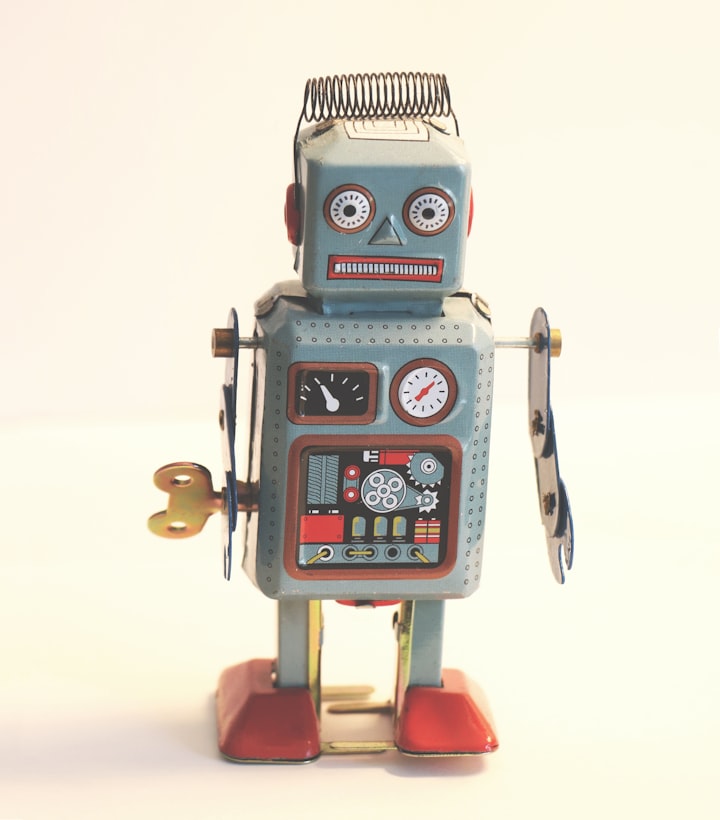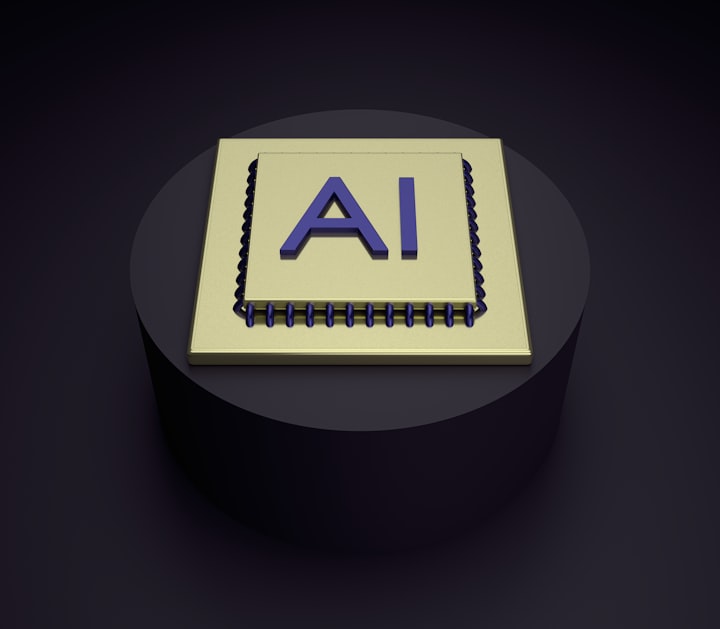The Dangers of ChatGPT
everyone is talking about the positives, but what about the negatives?

ChatGPT, or Generative Pre-trained Transformer, is a powerful language generation model that has the ability to generate high-quality, coherent text. However, as with any technology, there are certain dangers associated with its use.
One of the primary concerns with ChatGPT is the potential for the spread of misinformation. The model's ability to generate text based on a given prompt means that it could be used to create fake news or misleading information. This is particularly worrying in the current climate of disinformation and "fake news" that is prevalent online.
Another concern with ChatGPT is the potential for the model to be used to create deepfake text. This is where text is manipulated to change the meaning of what is being said, or to impersonate someone else. This can be used to create false statements, or to impersonate a person with the intent to defraud or deceive.
Another potential issue with ChatGPT is the way it is being used to automate content creation and in the process, leading to loss of jobs. As the model becomes more advanced, it could lead to a reduction in the need for human writers, which could have a negative impact on the job market.
Additionally, there are also concerns about the ethical and moral implications of using a model like ChatGPT, particularly when it comes to issues of bias and the perpetuation of harmful stereotypes. For example, if the model is trained on biased data, it may perpetuate those biases in the text it generates.
Furthermore, the model may be used to create and spread hate speech, or to impersonate someone else in order to spread false information or to commit fraud. This could have serious consequences for both individuals and society as a whole.
It's important to be aware of these dangers and to use ChatGPT responsibly and ethically. This includes fact-checking any information generated by the model, being transparent about its use and limitations, and being conscious of the potential for bias and misinformation.
Moreover, it's crucial to have regulations in place to ensure the responsible use of such technology and to hold the organizations accountable for any misuse of the technology.
Some other concerns with ChatGPT:
- Data privacy: ChatGPT requires large amounts of data to function properly, which can raise concerns about data privacy and security.
- Limited interpretability: The internal workings of ChatGPT models are difficult to interpret, which makes it hard to understand how the model arrived at its output. This can be problematic when trying to explain or correct errors.
- Limited creativity: ChatGPT is a powerful tool for generating text, but it lacks the creativity and originality of human authors. This can make it hard to use the output of ChatGPT in creative fields such as literature, poetry, and art.
Also, as we have seen students are using ChatGPT to cheat on tests or even write assignments. Are we potentially looking at a future of a generally more un-educated population as everyone will have used AI to do their coursework?
Overall, ChatGPT has the potential to be a powerful tool for content creation, but it's important to be aware of the potential dangers and to use it responsibly. While it can help in streamlining and automating certain tasks, it's important to remember that it's still a machine and may not always be able to understand the nuances of human language and thought.






Comments
robert karow is not accepting comments at the moment
Want to show your support? Send them a one-off tip.